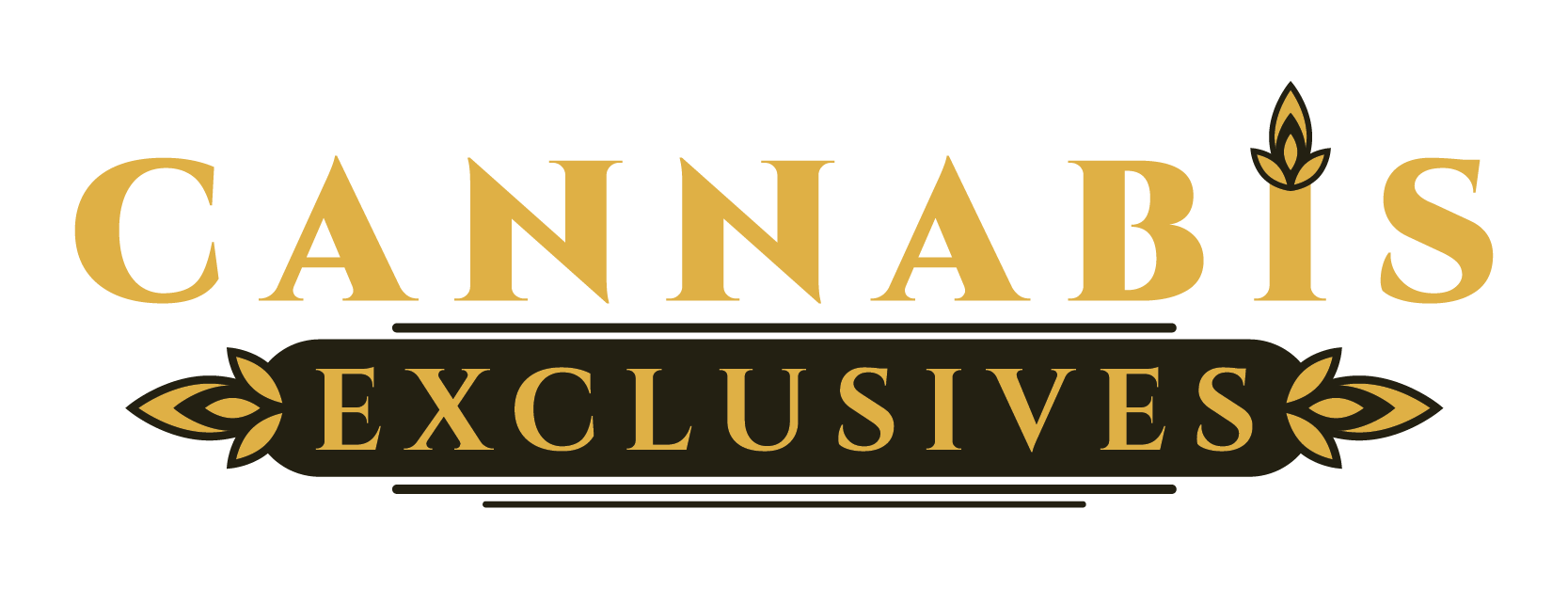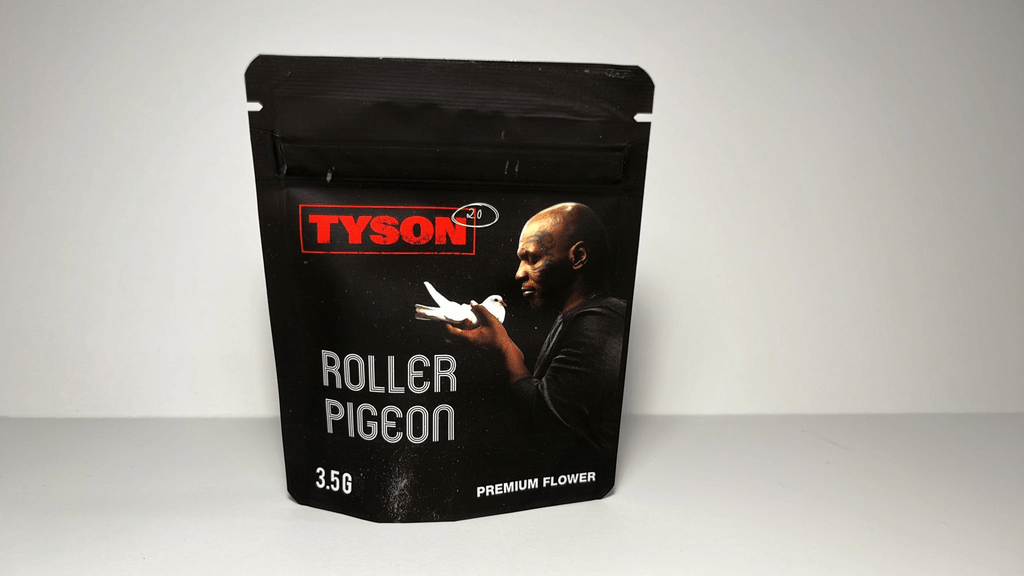Pop culture hasn’t just reflected cannabis—it has rewired how strains are named, discovered, and sold. From hip-hop to NBA crossovers to stoner comedies, entertainment turned cultivar names into brands, and brands into movements that travel far beyond menus. Runtz, Gelato, and Gary Payton aren’t merely genetics; they’re storylines and aesthetics consumers recognize at a glance, complete with color palettes, merch, and catchphrases that cue an expected flavor and effect profile long before anyone scans a QR code or asks a budtender.
That cultural engine shows up in the data. Headset’s retail tracking—reported by MJBizDaily—found celebrity-backed labels in California frequently outperformed median monthly brand sales, demonstrating how fame and fandom can translate into basket share when the product actually lands. The halo doesn’t stop at packaging; it appears in faster sell-through and line extensions across pre-rolls, vapes, and edibles that ride the same narrative arc from playlist to point-of-sale. Love of the artist, athlete, or scene becomes a shortcut for trial, and trial—if the flower delivers—becomes habit.
Strain lists tell a similar story about momentum. Leafly’s Strain of the Year program blends search growth, menu availability, and budtender input to spotlight zeitgeist cultivars—most recently Super Boof, following earlier winners like Permanent Marker and Jealousy. Leafly’s Budtenders’ Choice polling captures the recommendations shoppers actually hear at the counter. And their best-selling roundups explain why “evergreen” classics keep charting: recognizable names such as Blue Dream, Wedding Cake, Gelato, and Pineapple Express still move because familiarity reduces risk for casual buyers while satisfying nostalgia for vets.
The pop-culture feedback loop isn’t theoretical; it’s literal. A 2008 comedy made Pineapple Express common knowledge across America, and the notoriety stuck. Sports crossovers carry the same energy: Cookies’ Gary Payton fused Bay Area cannabis heritage with an NBA legend’s persona, lifting a phenotype into a mainstream brand story. On the hype frontier, Runtz—named Leafly’s 2020 Strain of the Year—and tastemakers like Doja Pak showed how limited drops, music-video moments, and Instagram lore can mint cult classics overnight when the genetics and the vibe align.
Marketing rules shape the playbook, too. With THC ads restricted or prohibited on major platforms, brands lean into lifestyle storytelling: creator partnerships, capsule merch, music cameos, and IRL events that convert attention into intent without violating platform rules. Instagram explicitly bans selling marijuana; TikTok restricts drug-related branded content and age-gates discussion, so culture becomes the conduit for discovery rather than direct advertising.
What actually works now? Authenticity over cosplay. Consumers reward breeders and brands that pair credible genetics with a believable cultural lane—provenance, transparent testing, and consistent effects backed by budtender trust. As markets mature, analysts observe more routine, repeat-purchase behavior and growing brand loyalty; pop culture can spark trial, but quality and reliability keep the loop spinning. The friendly takeaway for 2025: marry terps and trendlines. Translate soundtrack, screen, and sport into packaged experiences that feel of-the-moment—and still smoke great six months later. New Frontier Data and BDSA show that as access stabilizes, shoppers lean on repetition and trusted labels, while promotions and pop-culture heat nudge discovery at margins. Celebrity can open the door, but only flower keeps it open.

